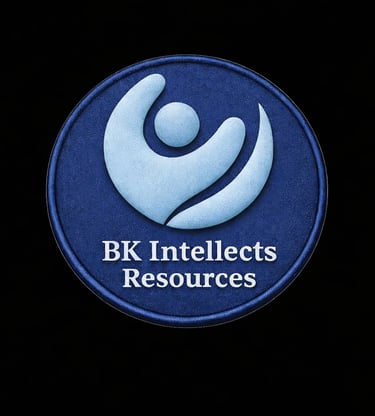Employee Skills Development
Certain skills are vital to business success, including sales, communication, negotiation, marketing, data analysis and project management. By building these skills, you can increase your chances of success in the field of business development.
Eddy Bala
1 min read
The Importance of Employee Skills Development
In today's rapidly evolving business landscape, the development of employee skills has become more crucial than ever. Organizations that invest in their employees' skills are better positioned to adapt to market changes, innovate, and maintain a competitive edge. Skills development not only enhances individual performance but also contributes to the overall efficiency and productivity of the organization.
Career Development: A Pathway to Organizational Success
Career development is equally important as skills development. When organizations provide clear paths for career advancement, they foster a motivated and engaged workforce. Employees who see opportunities for growth within the organization are more likely to be committed, reducing turnover rates and the associated costs of hiring and training new staff. This commitment translates into a more stable and experienced workforce, which is essential for achieving long-term organizational goals.
Economic and Financial Growth Through Employee Development
Investing in employee development has a direct impact on an organization's economic and financial growth. Skilled and career-oriented employees are more productive and efficient, leading to higher quality outputs and services. This productivity boost can significantly enhance the organization's profitability. Furthermore, a well-developed workforce can drive innovation, leading to new products, services, and market opportunities, thereby expanding the organization's revenue streams.
Sustainability and Long-term Growth
Organizations that prioritize employee skills and career development are better equipped to sustain long-term growth. By continuously upskilling their workforce, these organizations can stay ahead of technological advancements and industry trends. Additionally, fostering a culture of continuous learning ensures that the organization can adapt to changes and challenges more effectively, securing its position in the market for the foreseeable future.
In conclusion, the urgent need for employee skills and career development cannot be overstated. It is a critical component of an organization's strategy for economic, financial growth, and sustainability. By committing to the development of their employees, organizations not only enhance their competitive advantage but also ensure their long-term success and stability.
BK Intellects Resources CA300380853-U © Copyright 2024


About Us | Instagram | Blog | Career | Privacy Notice | Terms & Conditions